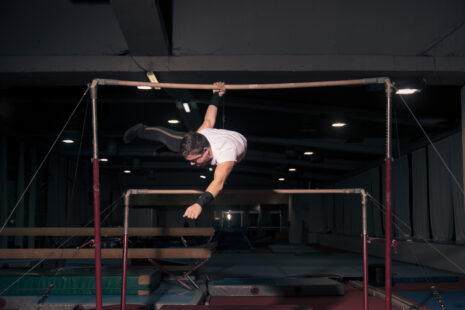Protecting your neck is essential in Brazilian Jiu-Jitsu (BJJ) to prevent injuries such as chokes or neck cranks.
Here are some tips to help you protect your neck while practicing BJJ…
- Posture – Maintain good posture during training sessions. Keep your head up, chin tucked, and spine aligned to make it more difficult for your opponent to access your neck.
- Hand Placement – Use your hands to create barriers and frames to defend against neck attacks. Keep your hands close to your neck to block your opponent’s grips and prevent them from establishing control.
- Awareness – Stay aware of your opponent’s positioning and movements, especially regarding their hands and arms. Anticipate potential neck attacks and be prepared to defend or counter them.
- Tuck Your Chin – Whenever possible, tuck your chin towards your chest to create a barrier against chokes. This makes it more challenging for your opponent to apply a clean choke or secure a grip on your neck.
- Controlled Breathing – Maintain controlled breathing throughout your training sessions to help stay relaxed and focused. Avoid panicking or tensing up, as this can make you more vulnerable to neck attacks.
- Learn Defense Techniques – Invest time in learning and practicing defensive techniques specifically designed to counter neck attacks, such as escapes from chokes or submissions targeting the neck. Work with your instructor or training partners to refine your defensive skills.
- Tap Early – If you find yourself caught in a tight choke or neck submission, don’t hesitate to tap out. It’s better to concede the position and prevent injury than to risk damage to your neck by resisting too long.
- Communicate – Communicate with your training partners about any neck injuries or sensitivities you may have. Establishing open communication can help ensure that your training partners are aware of your limitations and can adjust their techniques accordingly.
- Strength and Conditioning – Incorporate strength and conditioning exercises into your training regimen to strengthen the muscles surrounding your neck. Improved neck strength and stability can help reduce the likelihood of injury during grappling exchanges.
- Drill Defense – Dedicate time to drilling defensive techniques and scenarios related to neck attacks. Repetition and muscle memory can help you react more effectively when faced with real-time situations during sparring or competitions.
By implementing these strategies and techniques, you can help minimize the risk of neck injuries while practicing BJJ and enjoy a safer and more rewarding training experience. Remember that protecting your neck is essential for your overall health and longevity in the sport.




